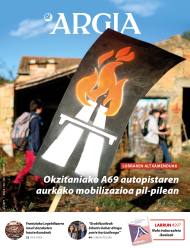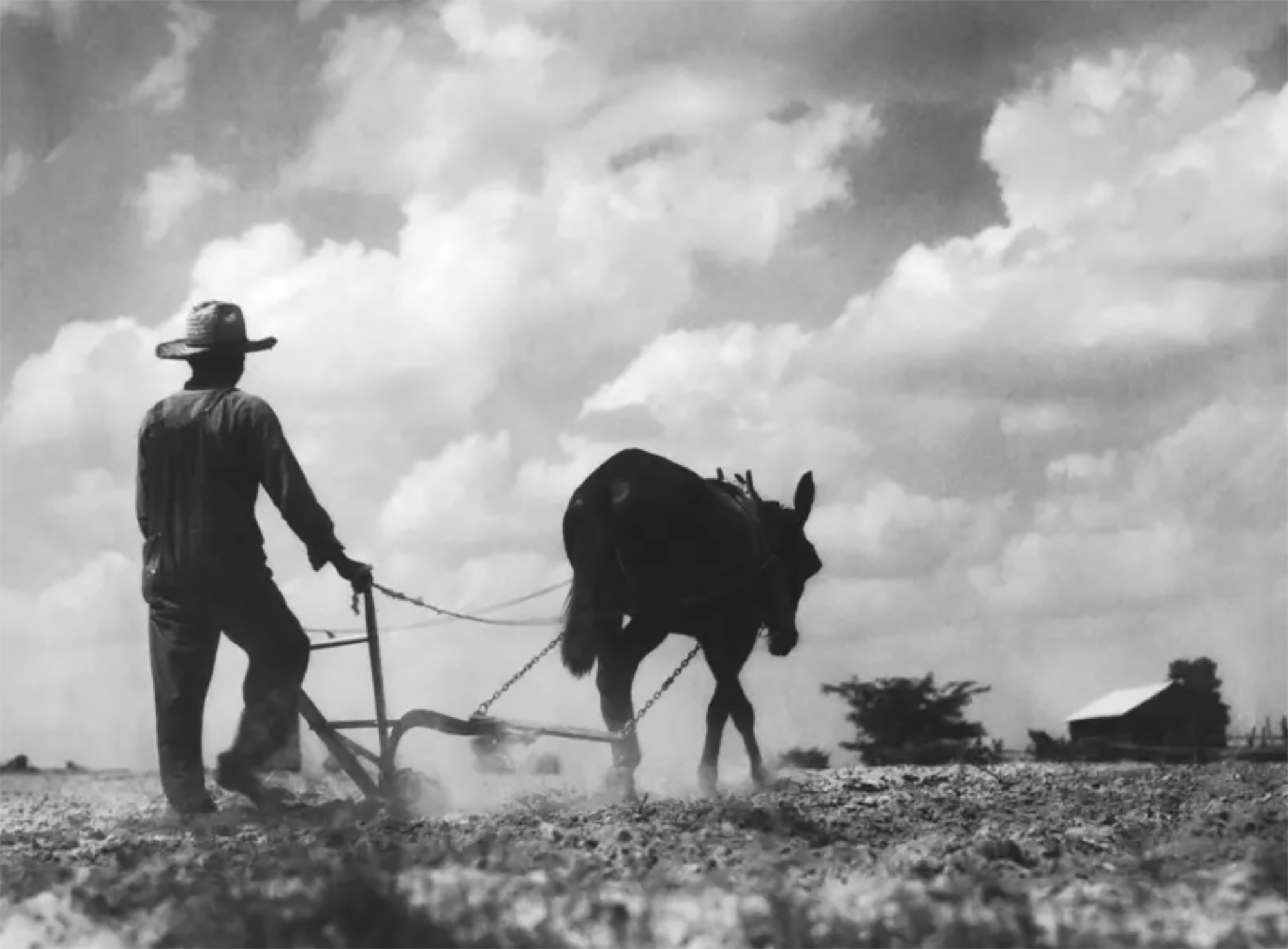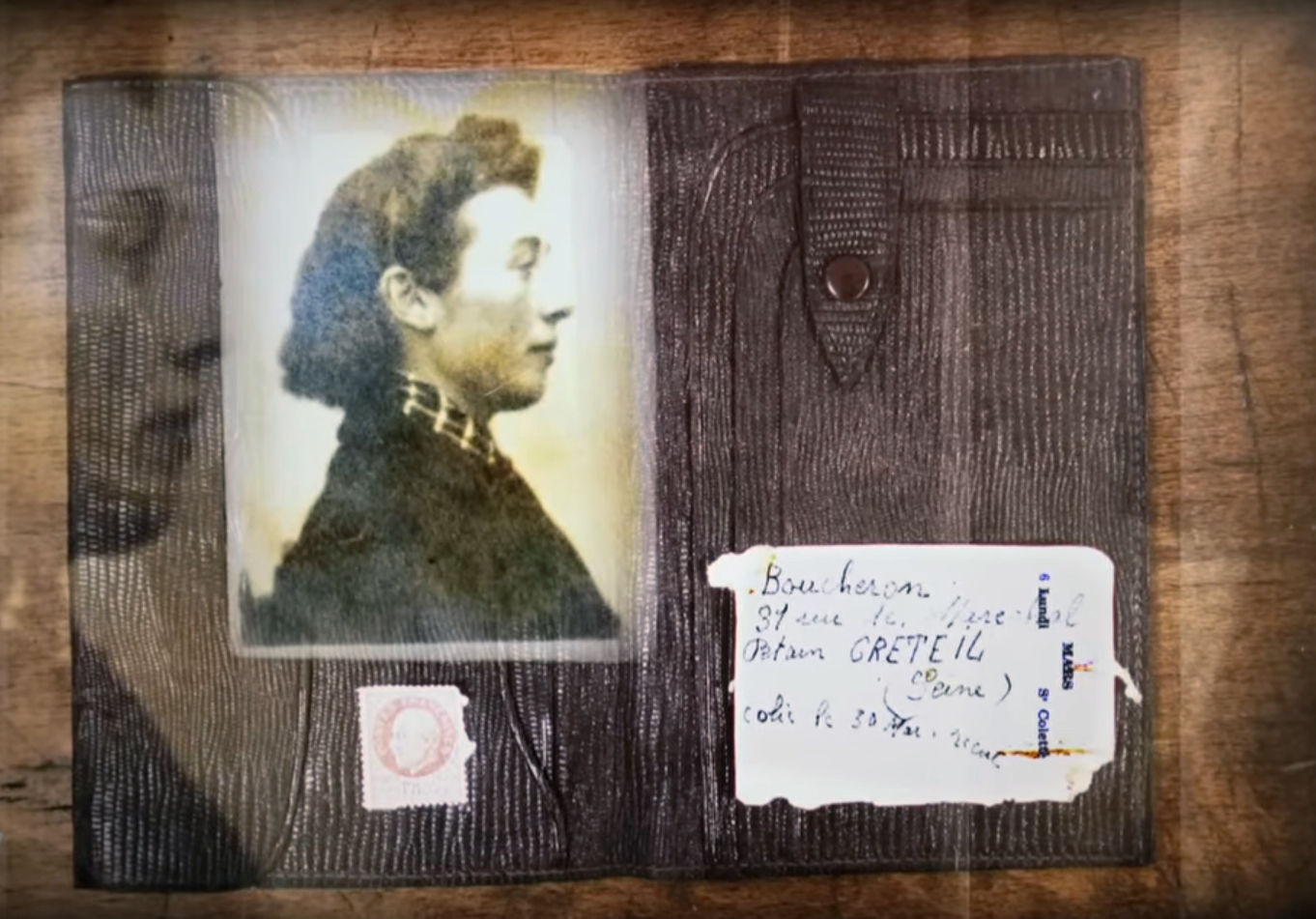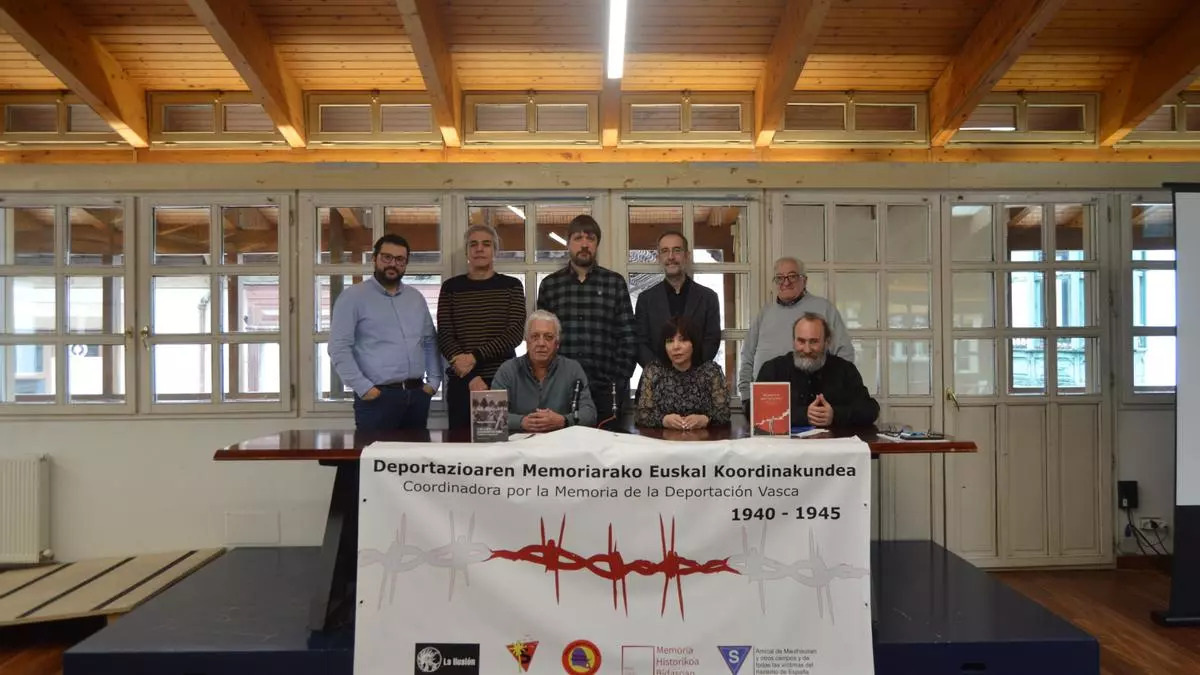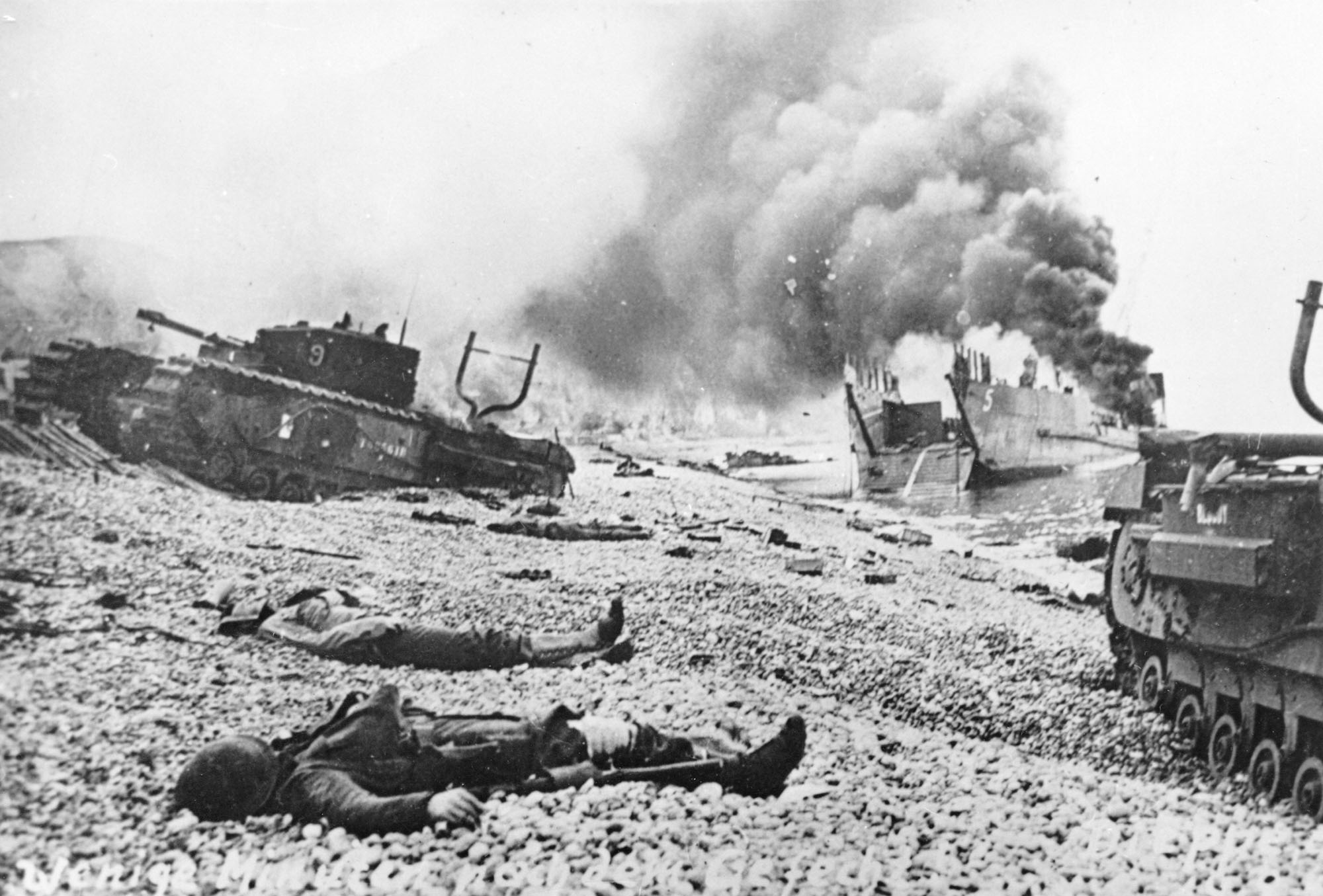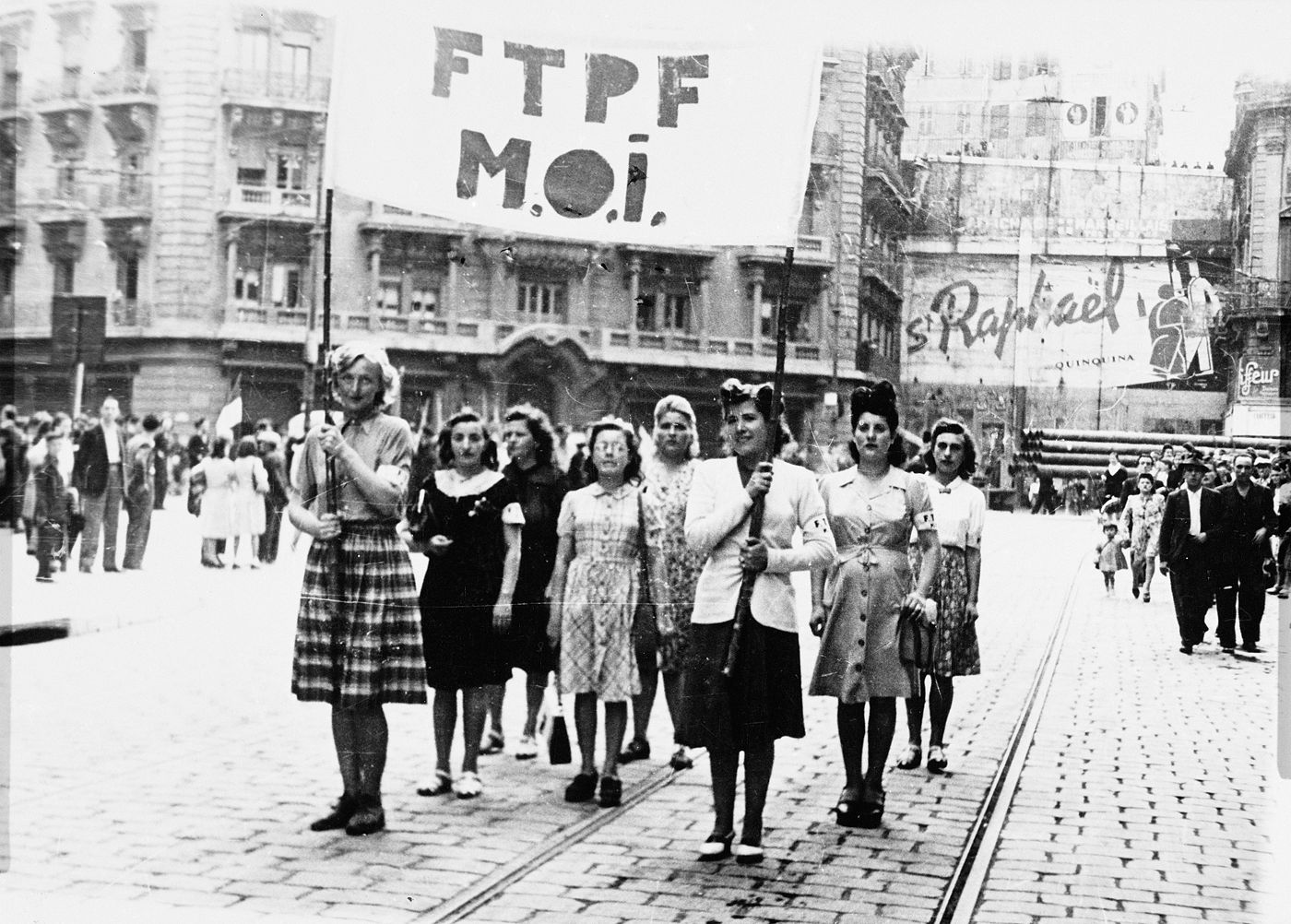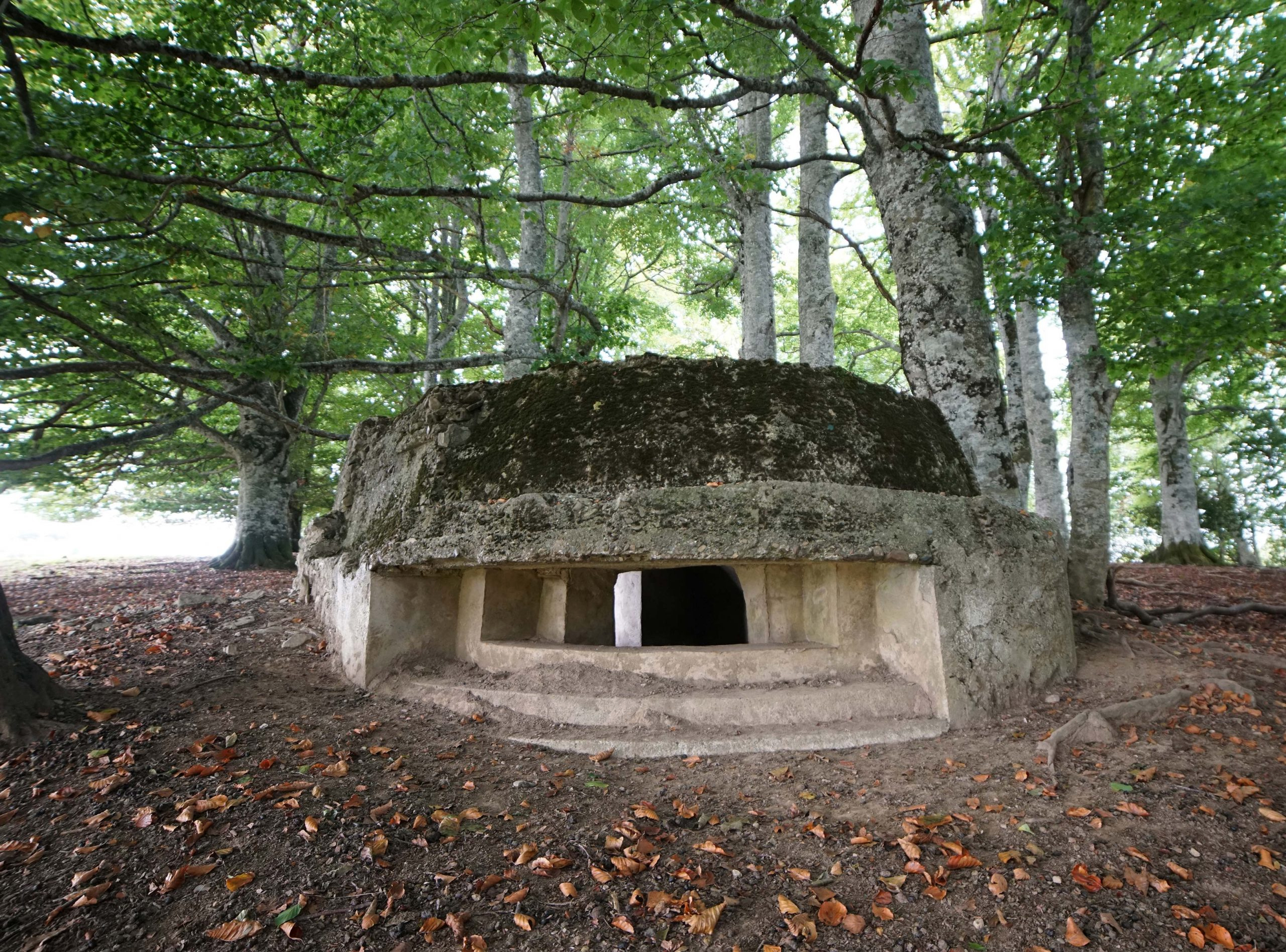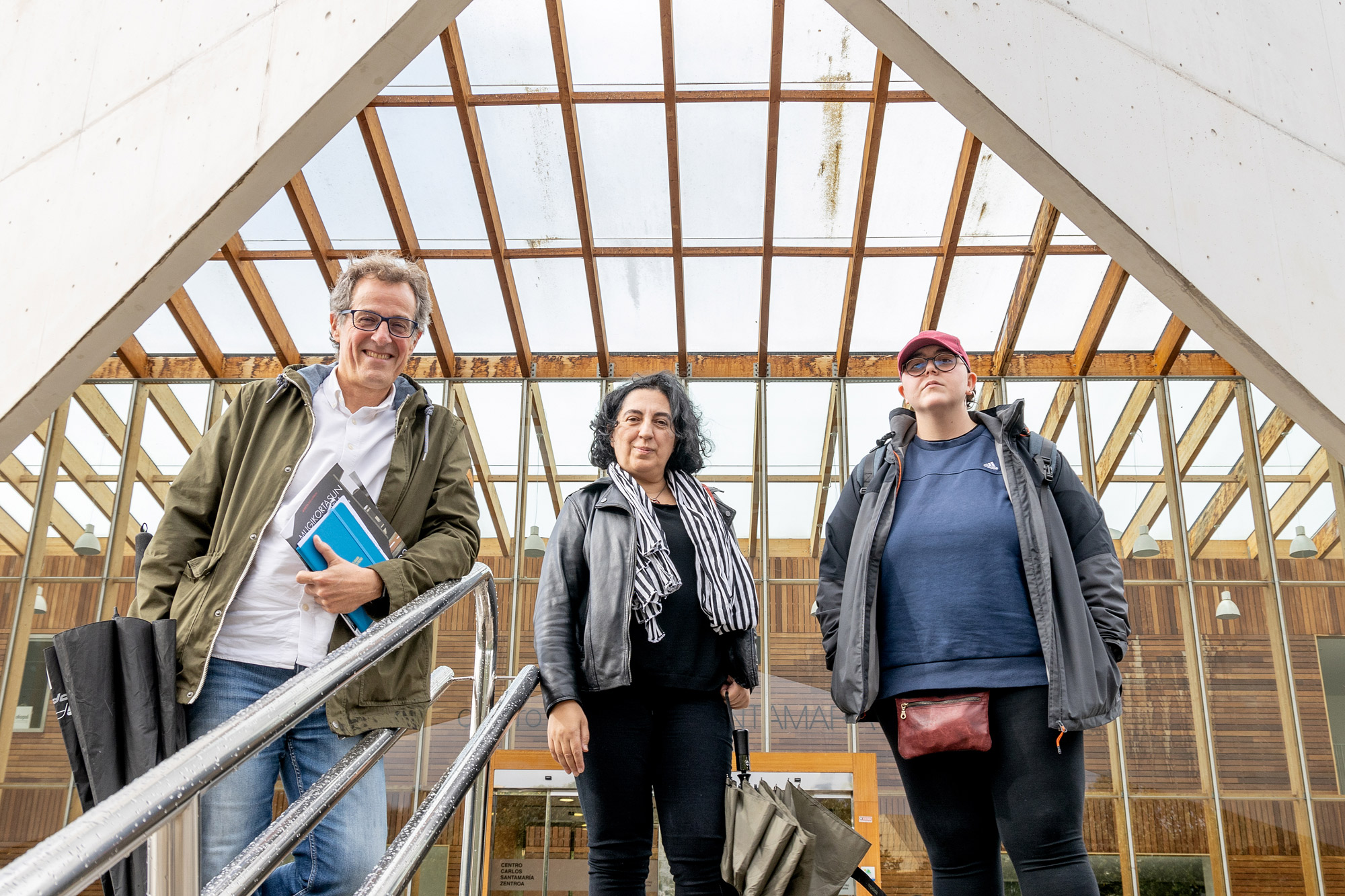The Hospital Criminal Raid in Memory
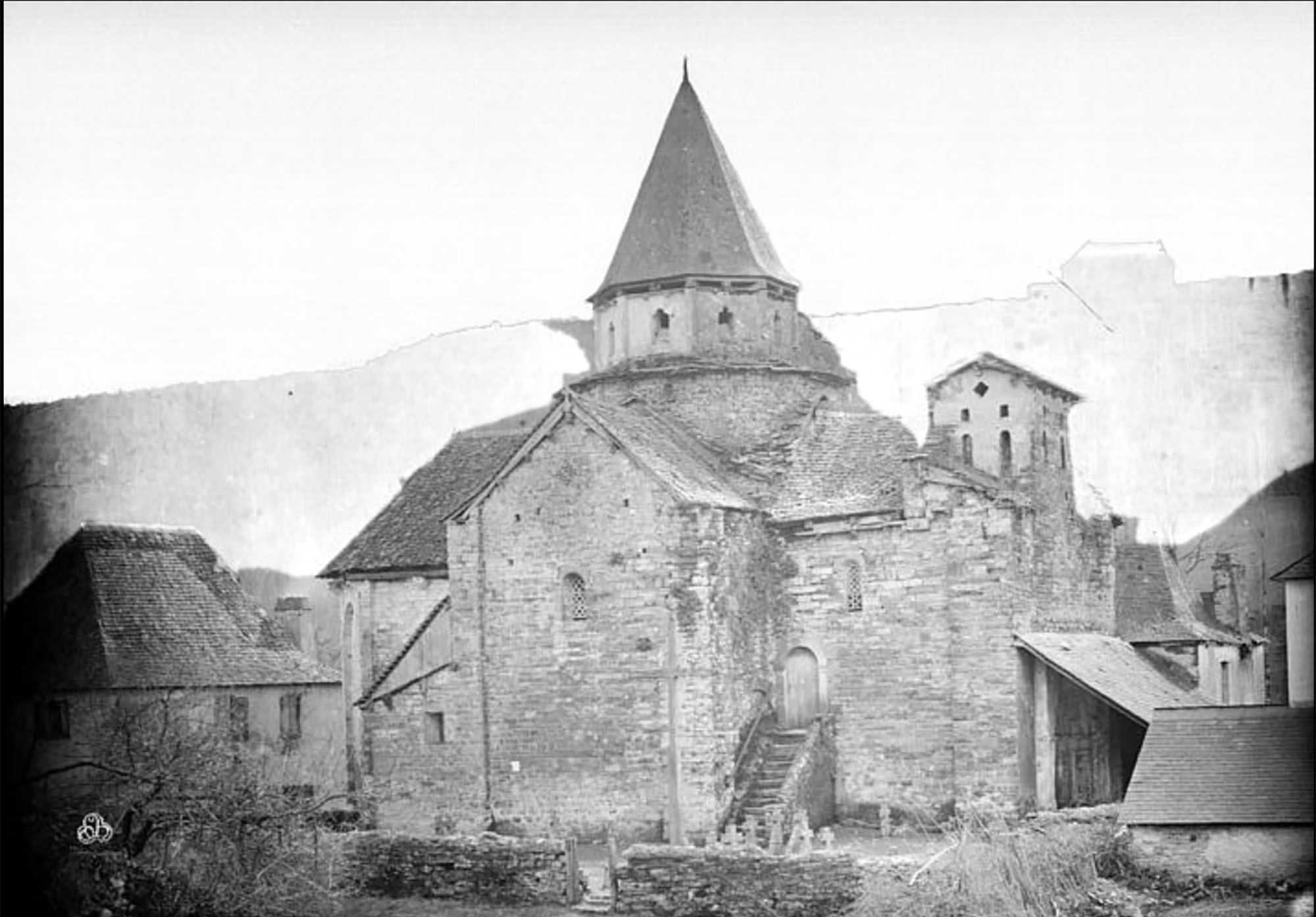
Born 27 June 1944. The German soldiers carried out a raid on a small town of about 80 inhabitants of Zuberoa. Eight people died on the spot and nineteen were arrested, all civilians, nine of whom would be deported and only two would survive from the concentration camps in which they remained concentrated. Two days later, on 29, the Nazis starred in another raid at the Virgen del Camino Hospital, in which they broke the panic they had provoked two days earlier. Several citizens were questioned and the property was ordered.
The Second World War was about to end, Paris was released two months later, but the hospital was submerged in a war-like atmosphere that had already passed. In March 1939, the Gurs camp was opened, four kilometres from the Basurto Hospital. Thus, at first they observed that the Republican refugees in the Spanish Civil War were heading to the camp, in trucks or on foot. Then they came to the Jewish camp from Germany and also to the houses of the Hospital, asking mainly for food.
The Nazis occupied the area in 1943, when he began organizing the Maqui. The hospital machines were in contact with London and from there they were sent several weapons. In June 1944 there were ten or twenty machines in the hospital, kept in five houses. But, terrified and suspicious, they decided to leave the village on 23 June.
Four days later, the victims and those arrested by the Germans were civilians. However, through the information provided by a delator, the Nazis already knew who had been helping and protecting the machines. However, they were confused with the first victim of the raid, which was dragged by the police. Albert Lassarre was from Gurs, but he worked at the hospital. When the Germans shot him, his sister explained to them that they were looking for another Lassarre, which they had mistaken. Then, the Germans called the doctor, but later, Albert Lassarre died as a result of the shooting.
Saving Life and Memory
Robert Elissondo (Hospitalario, 1962), professor and member of the Ikerzaleak group, son of one of the detainees in the raid, has been in charge of investigating the facts in detail. Among others, he collected the testimony of Marie-Louise Lasserre. In 2020 Miel Anjel Elustondo told in an interview in ARGIA the experiences of Marie and Marie-Louise Lasserre Davances, mother and daughter.
Marie-Louise entered the resistance with his brother François to receive those who entered the Maqui. When the Germans entered the house, their brother managed to escape. The mothers and their daughters were arrested and transferred first to Baiona, then to Bordeaux, and from there they travelled a long way in “ghost train” until reaching the German Ravensbruck Camp.
Marie-Louise entered the resistance with his brother François to receive those who entered the Maqui. When the Germans entered the house, their brother managed to escape. They were arrested and transferred first to Baiona, then to Bordeaux, and from there they travelled a long way on “ghost train” until reaching the Ravensbruck Camp in Germany. Forced labour, hunger, beatings, diseases… they had to travel up to 350 kilometres to the Orianenburg area. After eight months, they both returned alive.
In the words of Elissondo, “I believe that Marie-Louis committed two heroic acts: the first escaped death; the second, and the most surprising, the mother, a 60-year-old woman, made her survive from the serpents born. The elderly could not survive, but Marie-Louis helped the mother survive every day.”
And 60 years later, Elissondo himself, researcher J.F. Agerre and former Maqui Jean Loustau saved what happened from oblivion. For a long time, the events of 80 years ago were kept silent; the old machines met every year at the Hospital monument, but the citizens, the civilians condemned in that action, did not participate. “For a long time, the citizens thought, without saying, that they had paid the debts to the resistance and, on the other hand, I remembered that the members of the queens machine were thoughtless and frightening,” Elissondo said. However, in 2004, at the initiative of the aforementioned, they met for the first time all together to keep alive the memory of the Hospital Network.
Washington, D.C., June 17, 1930. The U.S. Congress passed the Tariff Act. It is also known as the Smoot-Hawley Act because it was promoted by Senator Reed Smoot and Representative Willis Hawley.
The law raised import tax limits for about 900 products by 40% to 60% in order to... [+]
Londres, 1944. Dorothy izeneko emakume bati argazkiak atera zizkioten Waterloo zubian soldatze lanak egiten ari zela. Dorothyri buruz izena beste daturik ez daukagu, baina duela hamar urte arte hori ere ez genekien. Argazki sorta 2015ean topatu zuen Christine Wall... [+]
Deportazioaren Memoriarako Euskal Koordinakundeak aintzat hartu nahi ditu Hego Euskal Herrian jaio eta bizi ziren, eta 1940tik 1945era Bigarren Mundu Gerra zela eta deportazioa pairatu zuten herritarrak. Anton Gandarias Lekuona izango da haren lehendakaria, 1945ean naziek... [+]
Porzheim, Germany, February 23, 1945. About eight o’clock in the evening, Allied planes began bombing the city with incendiary bombs. The attack caused a terrible massacre in a short time. But what happened in Pforzheim was overshadowed by the Allied bombing of Dresden a few... [+]
Japan, 6 and 9 August 1945, the United States launched an atomic bomb causing tens of thousands of deaths in Hiroshima and Nagasaki; although there are no precise figures, the most cautious estimates indicate that at least 210,000 people died at the end of that year. But in... [+]
Normandy. 6 June 1944. They started operation Overlord: Thousands of British, American and Canadian soldiers landed on the beaches of Normandy to drastically change the course of the Second World War and, therefore, history. Or at least that's what we've been told a few days ago,... [+]
Genocide is unfortunately a fashionable word. According to Rafael Lemkin’s definition in 1946, genocide is defined as “actions aimed at the total or partial destruction of a national, ethnic, racial or religious group.” These actions may include “killing the members of... [+]
Karl Adolf Eichmann (Solingen, Imperio alemán, 1906 - Ramdel, Israel, 1962) foi o oficial superior das SS da Alemaña nazi, especialmente coñecido polo seu nomeamento como “responsable loxístico” da chamada Última Solución ou Última Solución. A planificación do... [+]









